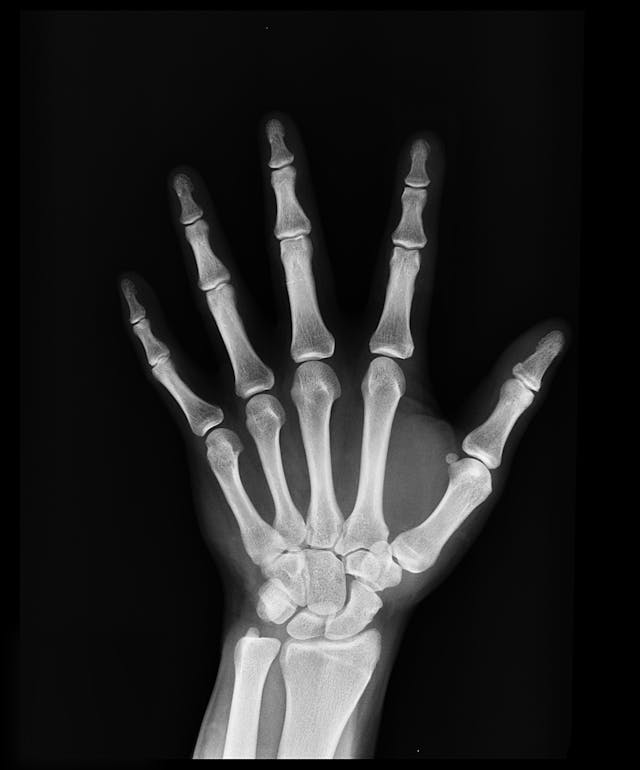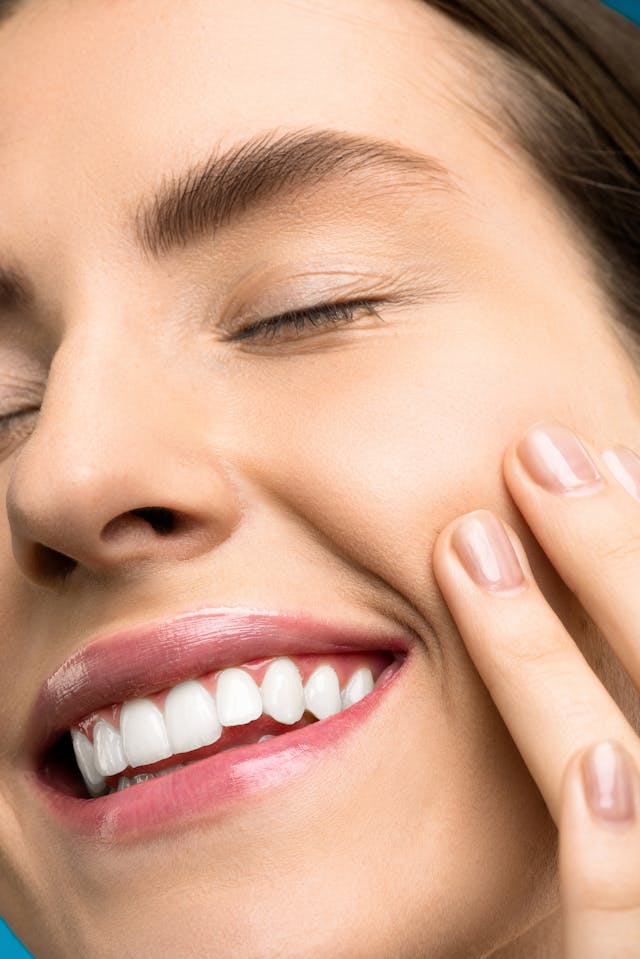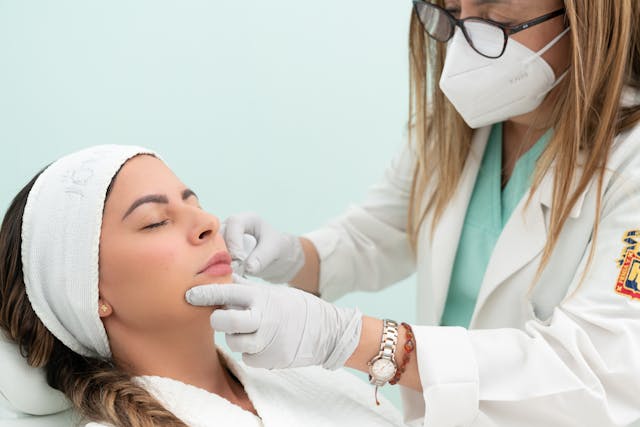Teeth and bones may appear similar at first glance—both are hard, white, and vital to our body’s structure and function because of this the question of Are Teeth Bones remain unchanged. However, whether Are Teeth Bones or not is fundamentally depend in the different in composition, function, and biology. This article explores the connection, differences, and unique properties of whether Are Teeth Bones or not, providing a comprehensive understanding of these critical parts of the human body.
Are Teeth Bones ? mystery Solved
What Are Bones?

Bones are a type of living tissue that forms the skeleton, giving our body its shape and structure. They are made up of three main components:
Collagen: A protein that provides flexibility and strength.
Calcium Phosphate: A mineral that hardens bones, making them strong and rigid.
Bone Marrow: Found in the center of many bones, it produces blood cells.
Bones are dynamic, constantly being broken down and rebuilt in a process called remodeling. This allows them to heal from fractures and adapt to stress over time.
What Are Teeth?

Before exploring about Whether Are Teeth Bones or not lets first discuss what are teeth.Teeth are not bones but are also composed of hard and dense materials. They are part of the digestive system, playing a crucial role in chewing and breaking down food. Teeth are made up of the following layers:
Enamel: The outermost layer, which is the hardest substance in the human body.
Dentin: The layer beneath the enamel, providing support and structure.
Pulp: The innermost layer, containing nerves, blood vessels, and connective tissues.
Unlike bones, teeth do not regenerate or heal once damaged. This makes dental care and hygiene essential for maintaining healthy teeth.
Read More : 6 Difference Between Mouth Ulcers and Oral Cancer
Differences Between Teeth and Bones
Despite their similarities, teeth and bones differ significantly in structure, function, and biology.
Composition:Bones are made of collagen and calcium phosphate.Teeth consist of enamel, dentin, and pulp.
Function:Bones provide structural support, protect vital organs, and produce blood cells.Teeth are specialized for breaking down food as part of the digestive system.
Regeneration:Bones can heal and regenerate through remodeling.Teeth cannot regenerate or heal once damaged.
Location of Living Cells:Bones have living cells throughout their structure.Teeth only have living tissue in the pulp.
Why Teeth Are Not Classified as Bones

The confusion of Whether Are Teeth Bones may resemble due to their hardness and appearance, but they are classified differently because of their unique properties:
Lack of Bone Marrow: Bones have bone marrow, where blood cells are produced. Teeth lack this feature entirely.
No Remodeling Capability: Bones are dynamic and can repair themselves, while teeth cannot. This is why dental injuries often require artificial intervention, such as fillings or crowns.
Different Formation Process: Teeth and bones develop through separate biological processes. Teeth are formed from tissues specific to the oral cavity, while bones arise from mesenchymal tissue during fetal development.
The Connection Between Teeth and Bones
Although teeth are not bones, they share some common features and connections:
Calcium Dependency: Both teeth and bones rely on calcium for their strength. A diet rich in calcium is essential for maintaining healthy bones and teeth.
Support from Jawbone: Teeth are anchored in the jawbone through periodontal ligaments. This connection enables teeth to withstand the pressure of chewing.
Role in Overall Health: Poor dental health can affect bone health and vice versa. Conditions like osteoporosis can weaken the jawbone, leading to tooth loss.
Maintaining Healthy Teeth and Bones

Proper Nutrition: A balanced diet rich in calcium, phosphorus, and vitamin D strengthens teeth and bones. Foods like dairy, leafy greens, and fish are excellent sources.
Regular Dental Care: Brush and floss daily to prevent plaque buildup and cavities. Visit your dentist regularly for check-ups and cleanings.
Exercise for Bone Health: Engage in weight-bearing exercises like walking, jogging, or resistance training to strengthen bones.
Avoid Smoking and Excessive Alcohol: Both habits weaken teeth and bones, increasing the risk of oral and skeletal problems.
Common Myths About Teeth and Bones
Are Teeth Bones: Teeth are made of enamel and dentin, not bone. While they contain calcium like bones, their structure is distinct.
Teeth Can Heal Like Bones: Unlike bones, teeth cannot regenerate. Once enamel is lost or damaged, it cannot grow back.
Milk Teeth Are Unimportant: Baby teeth, or milk teeth, are essential for guiding permanent teeth into place and ensuring proper jaw development.
Conclusion
Whether Are Teeth Bones or not are often mistaken for being the same, but they serve different purposes and are made of distinct materials. Teeth are specialized structures designed for chewing and lack the regenerative abilities of bones. Understanding their differences highlights the importance of proper care for both. While bones can repair themselves over time, teeth require consistent dental hygiene and professional care to remain healthy.By maintaining a balanced diet, practicing good oral hygiene, and prioritizing overall health, you can ensure strong teeth and bones for years to come.
FAQs About Are Teeth Bones?
1. Why Are Teeth Harder Than Bones?
Teeth are harder than bones because their outer layer, enamel, is the hardest substance in the human body and people sometimes gets confused on Are Teeth Bones. It is composed mainly of hydroxyapatite, a crystalline calcium phosphate that provides exceptional strength. Bones, on the other hand, have a more flexible structure due to the presence of collagen.
2. Can Poor Dental Health Affect Bone Health?
Yes, poor dental health can lead to bone problems. Conditions like periodontal disease can damage the jawbone, leading to tooth loss. Conversely, diseases like osteoporosis can weaken the jawbone and increase the risk of dental issues.
3. How Can I Strengthen Both Teeth and Bones?
To strengthen teeth and bones, ensure your diet includes plenty of calcium-rich foods like milk, cheese, and yogurt. Vitamin D helps the body absorb calcium, so spend time in the sunlight or take supplements if necessary. Regular exercise and good oral hygiene are also essential.





